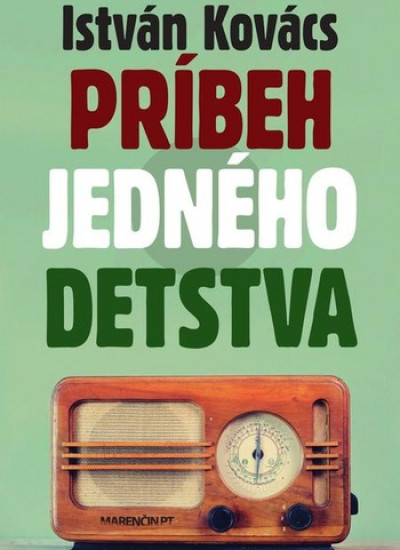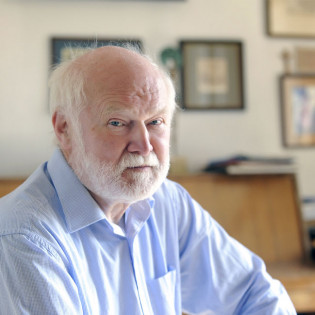The Splendor of Childhood

István Kovács’s novel is about the childhood of a young boy moving from his grandmother’s village to Budapest in 1951 until the fall of 1956 and how he encounters a world yet known: the world of his widowed mother, whom he has hardly known, that of the sanitarium that has become his extended family, and the world beyond the fence of the sanitarium, defined by the atmosphere of Stalinism. The boy has to find his way in a milieu of lies and intimate personal relationships. The novel portrays the individual’s struggle to take possession of the truth. The Splendor of Childhood ends on 4 November 1956, the day the Hungarian Revolution was crushed. On that day, the young child suddenly becomes an adult – a twelve-year-old adult.
The Splendor of Childhood was published in 1998 by Kortárs Kiadó. In 2006 it was adapted into a feature film, Budakeszi Srácok [The Kids of Budakeszi], and had its second edition by Magyar Napló Kiadó (ISBN 963 86887 4 2). So far, the novel has been translated into Bulgarian, Polish (two editions), and Romanian.

István Kovács (1945 –) is a historian, polonist, poet, and literary translator.
He graduated from Eötvös Loránd University in 1968 with a degree in history and Polish studies. In the academic year 1970/71, he studied history at the university of Vienna as a Herder Fellow of Gyula Illyés. He has been a research fellow at the Research Group of the Department of Central and Eastern European Literature of the Hungarian Academy of Sciences since 1972, a senior research fellow at the Department of Polish Studies at ELTE since 1981, and Cultural Counsellor at the Hungarian Embassy in Warsaw since 1990.
Between 1994–1995 and 1999–2003 he worked as Consul General in Krakow. In the meantime he was head of the Polish Department at Péter Pázmány Catholic University, which he founded.
Between 2004 and 2011 he was a senior research fellow at the Institute of History of the Hungarian Academy of Sciences. His research interests include the history of partitioned Poland, and Polish-Hungarian relations in the middle third of the 19th century. He is a full member of the Hungarian Academy of Arts.